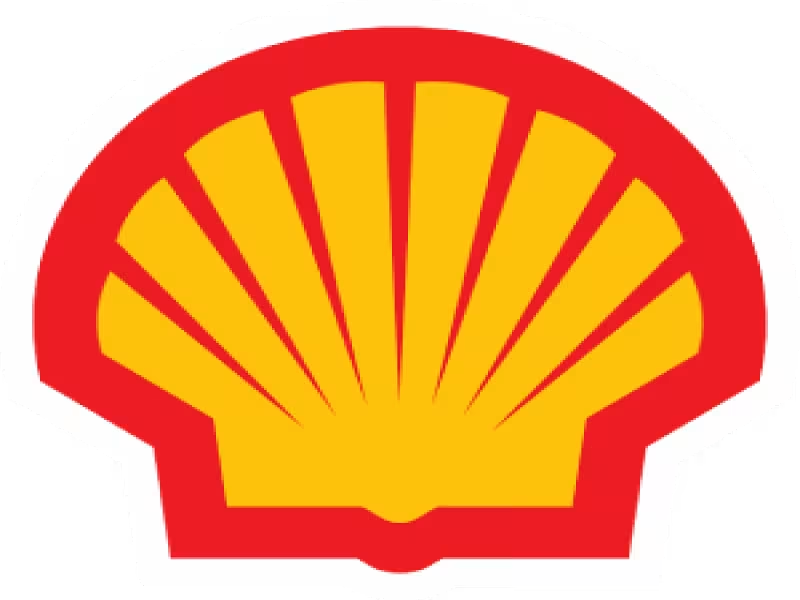
SHERIDAN, WYOMING – Feb. 4, 2025 – Shell has announced the resumption of production at the Penguins field in the UK North Sea. This milestone is achieved through the deployment of a new, state-of-the-art floating production, storage, and offloading (FPSO) facility. Shell operates the field with a 50% stake, while NEO Energy holds the remaining 50%. This development marks a significant resurgence for the field, which previously relied on the Brent Charlie platform, ceasing operations in 2021 and currently undergoing decommissioning.
Revitalizing a Key North Sea Asset
The new Penguins FPSO is projected to reach peak production of approximately 45,000 barrels of oil equivalent per day (boe/d). The field's estimated discovered recoverable resource volume is approximately 100 million boe. While primarily an oil-producing field, Penguins will also contribute substantial natural gas volumes, sufficient to heat approximately 700,000 UK homes annually.
Lower Emissions and Extended Field Life
A key feature of the new FPSO is its significantly improved environmental performance. Compared to the previous Brent Charlie platform, the FPSO is designed to achieve around 30% lower operational emissions. This advancement aligns with industry efforts to reduce the carbon footprint of offshore operations. Furthermore, the FPSO is expected to extend the operational life of the Penguins field by up to 20 years, ensuring continued contribution to the UK's energy supply.
Securing Domestic Energy Supply
“Today, the UK relies on imports to meet much of its demand for oil and gas,” said Zoë Yujnovich, Shell’s Integrated Gas and Upstream Director. “The Penguins field is a source of the secure domestic energy production people need today, and the FPSO is a demonstration of our investment in competitive projects that create more value with less emissions.”
Infrastructure and Logistics
The crude oil produced at Penguins will be transported via tanker to refineries located outside the UK. However, due to the UK's limited refining capacity, these refineries include facilities that supply refined products, such as petrol and diesel, back to the UK market. The natural gas produced will be transported through existing pipelines to the St Fergus gas terminal in northeast Scotland, directly feeding into the UK's national gas network.
Development and Technology
The redevelopment of the Penguins field included the drilling of additional wells, all connected to the new FPSO. The field itself is situated in 165 meters (541 feet) of water, roughly 150 miles northeast of the Shetland Islands. Originally discovered in 1974, the Penguins field previously operated between 2003 and 2021.
FPSO Design and Innovation
The Penguins FPSO, constructed by Norwegian technology, design, and engineering company Sevan, represents the first new Shell-operated facility in the UK North Sea in over 20 years. The FPSO's compact, cylindrical hull design enhances efficiency and flexibility. A notable feature is its flareless system, which recycles vapor back into the tanks, further minimizing emissions.
Industry Context and Future Outlook
According to the UK regulator, the North Sea Transition Authority, oil and gas production in the UK has seen an 11% decline in the past year. UK production is also falling faster than demand, highlighting the importance of projects like Penguins in maintaining domestic energy security. Shell's investment in Penguins demonstrates its commitment to the UK North Sea and its strategy to provide secure energy while lowering emissions. The Penguins project contributes to Shell's broader commitment to bring upstream and integrated gas projects on stream between 2023 and 2025, targeting a total peak production of over 500,000 barrels of oil equivalent per day. Shell is targeting to become a net-zero emissions energy business by 2050. By the end of 2023, they had achieved more than 60% of their target to halve emissions from their operations (Scopes 1 and 2) by 2030, compared with 2016.
For more information visit .